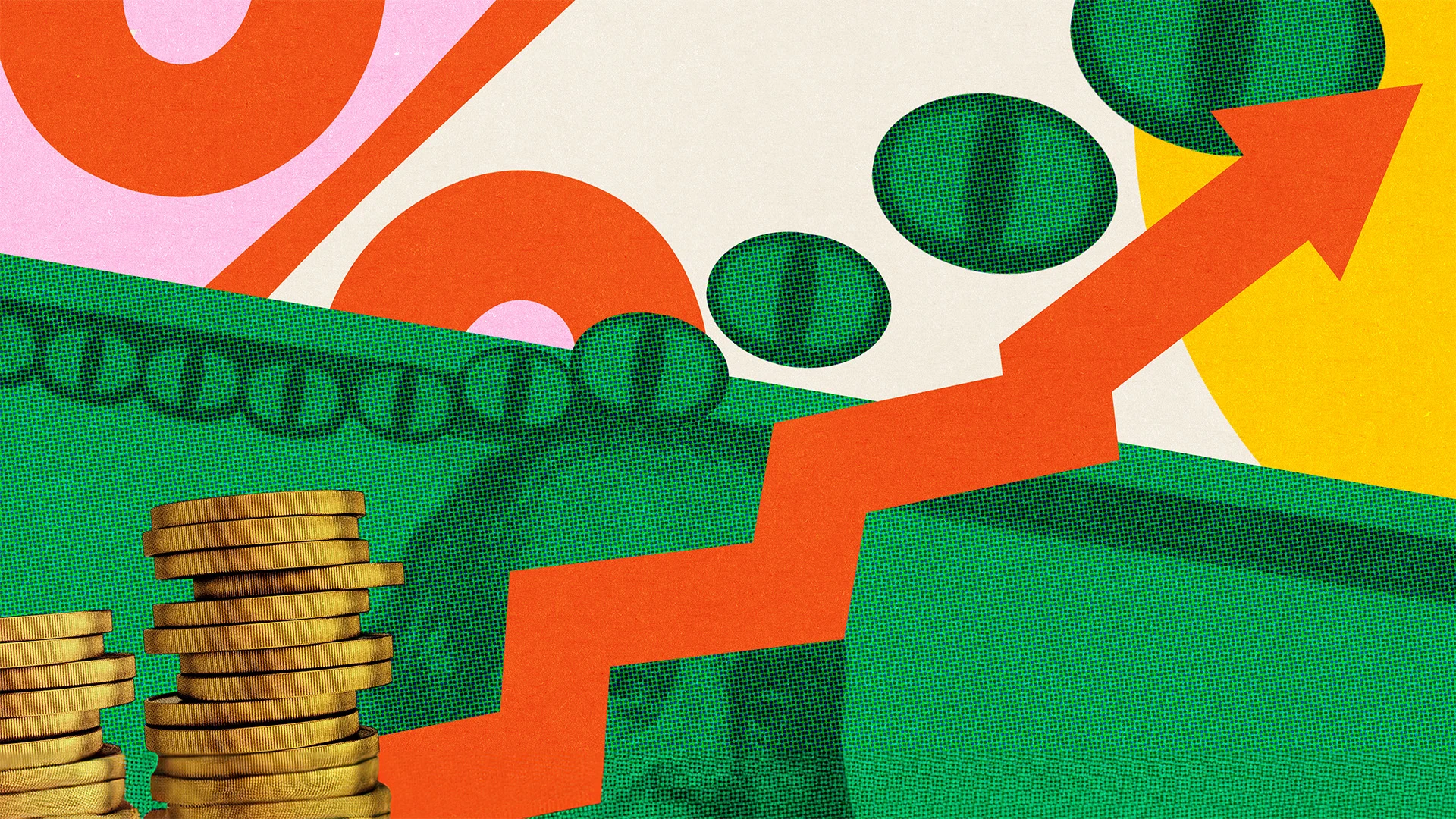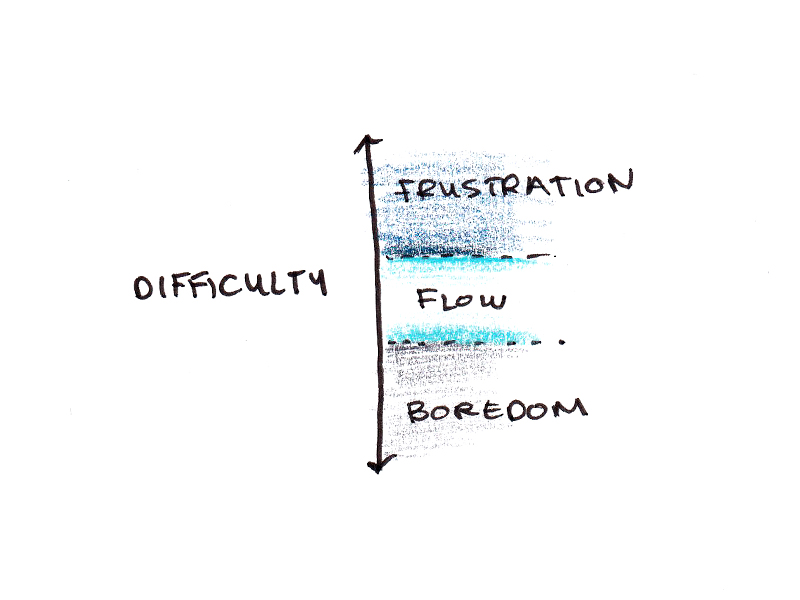Republicans are franchising the contentious DOGE brand
The so-called Department of Government Efficiency (DOGE) is getting nationwide pickup. While cutting government has long been a goal on the right, DOGE has given that impulse a stickier, meme-inspired, brand name it hasn’t had in the past. Now, copycat efforts named after billionaire Elon Musk’s initiative to cut the federal government’s workforce and spending for President Donald Trump have appeared in more than a dozen states, according to a CNN tally. Republican governors in Iowa and Florida both created task forces named after DOGE in February to cut government, while other elected officials adopted the term to describe their agenda, like Georgia’s Republican lieutenant governor who described the state’s “Red Tape Rollback Act of 2025” as “Georgia does DOGE.” The Wisconsin Assembly’s Committee on Government Operations, Accountability and Transparency (GOAT) held its first meeting in March. While it’s not “DOGE,” its goal is similar and its name is also inspired by a meme. BRAND BUILDING VOLATILITY Drawing comparisons between state efforts to shrink government and DOGE might help Republicans at a local level nationalize state issues, but it also ties their efforts to a volatile national political brand. A March NBC News poll found registered voters like DOGE more in theory than in practice. A 46% plurality think DOGE is “a good idea,” compared to 40% who think it’s a bad idea and 14% who aren’t sure, and there’s not a clear consensus among respondents about whether it’s doing a good job. The poll found 33% of registered voters believe Musk and DOGE have been “reckless and should stop now before more damage is done” and 28% believe they should “slow down to assess the impact,” compared to just a third who think DOGE should continue as is. A March Quinnipiac poll found 60% disapproved of how Musk and DOGE dealt with federal workers. Politicians in majority-Republican states that franchise the DOGE brand for themselves could find the affinity politically useful. For those in competitive states or that represent communities especially affected by DOGE cuts, though, hitching their wagon to Musk’s efforts could be a decision they come to regret. If attitudes toward DOGE deteriorate, the political capital associated with the phrase could fall faster than the aftermarket value of a Cybertruck or the stock market after Trump’s tariffs.

The so-called Department of Government Efficiency (DOGE) is getting nationwide pickup.
While cutting government has long been a goal on the right, DOGE has given that impulse a stickier, meme-inspired, brand name it hasn’t had in the past. Now, copycat efforts named after billionaire Elon Musk’s initiative to cut the federal government’s workforce and spending for President Donald Trump have appeared in more than a dozen states, according to a CNN tally.
Republican governors in Iowa and Florida both created task forces named after DOGE in February to cut government, while other elected officials adopted the term to describe their agenda, like Georgia’s Republican lieutenant governor who described the state’s “Red Tape Rollback Act of 2025” as “Georgia does DOGE.” The Wisconsin Assembly’s Committee on Government Operations, Accountability and Transparency (GOAT) held its first meeting in March. While it’s not “DOGE,” its goal is similar and its name is also inspired by a meme.
BRAND BUILDING VOLATILITY
Drawing comparisons between state efforts to shrink government and DOGE might help Republicans at a local level nationalize state issues, but it also ties their efforts to a volatile national political brand.
A March NBC News poll found registered voters like DOGE more in theory than in practice. A 46% plurality think DOGE is “a good idea,” compared to 40% who think it’s a bad idea and 14% who aren’t sure, and there’s not a clear consensus among respondents about whether it’s doing a good job. The poll found 33% of registered voters believe Musk and DOGE have been “reckless and should stop now before more damage is done” and 28% believe they should “slow down to assess the impact,” compared to just a third who think DOGE should continue as is. A March Quinnipiac poll found 60% disapproved of how Musk and DOGE dealt with federal workers.
Politicians in majority-Republican states that franchise the DOGE brand for themselves could find the affinity politically useful. For those in competitive states or that represent communities especially affected by DOGE cuts, though, hitching their wagon to Musk’s efforts could be a decision they come to regret. If attitudes toward DOGE deteriorate, the political capital associated with the phrase could fall faster than the aftermarket value of a Cybertruck or the stock market after Trump’s tariffs.





































































































![Building A Digital PR Strategy: 10 Essential Steps for Beginners [With Examples]](https://buzzsumo.com/wp-content/uploads/2023/09/Building-A-Digital-PR-Strategy-10-Essential-Steps-for-Beginners-With-Examples-bblog-masthead.jpg)





![How One Brand Solved the Marketing Attribution Puzzle [Video]](https://contentmarketinginstitute.com/wp-content/uploads/2025/03/marketing-attribution-model-600x338.png?#)





































